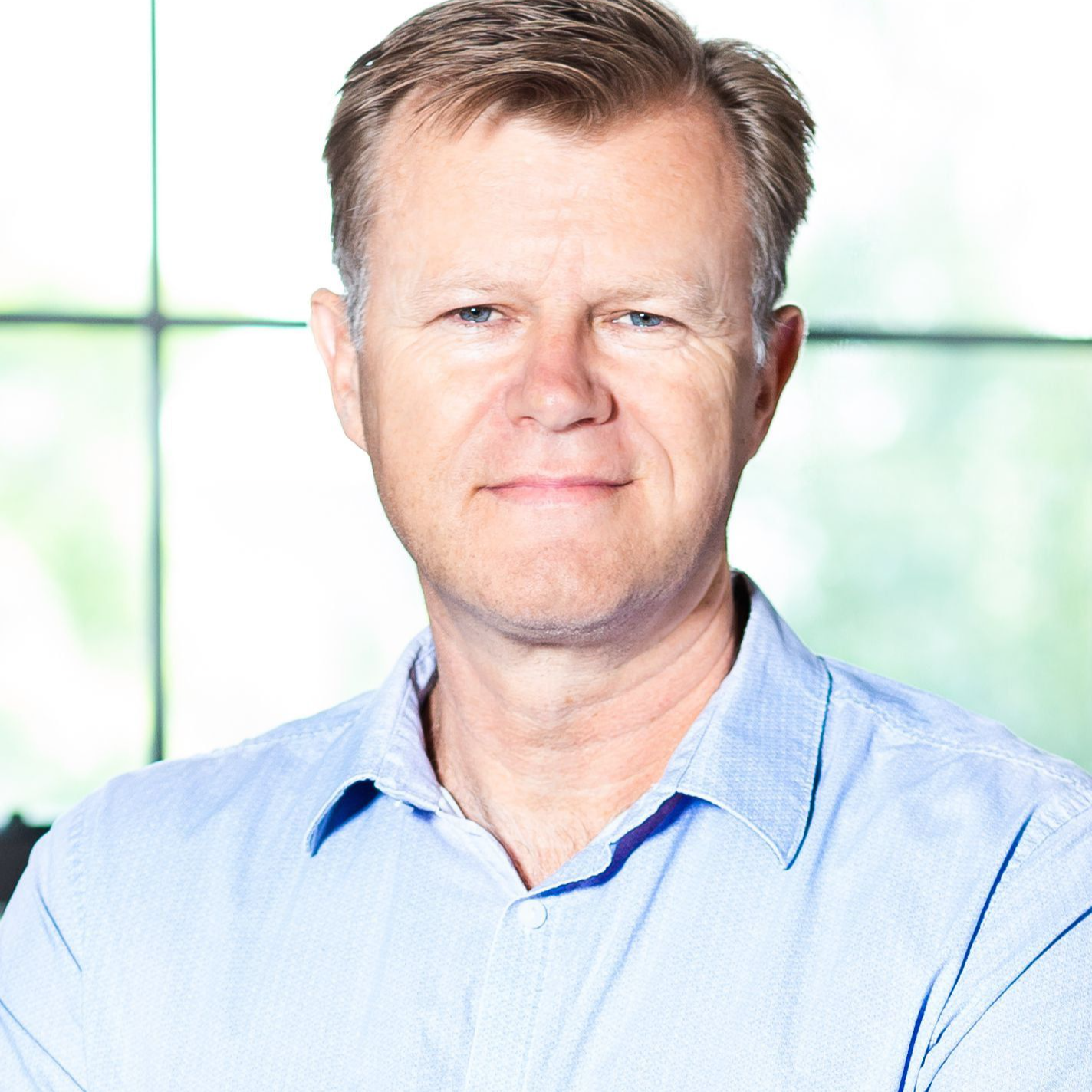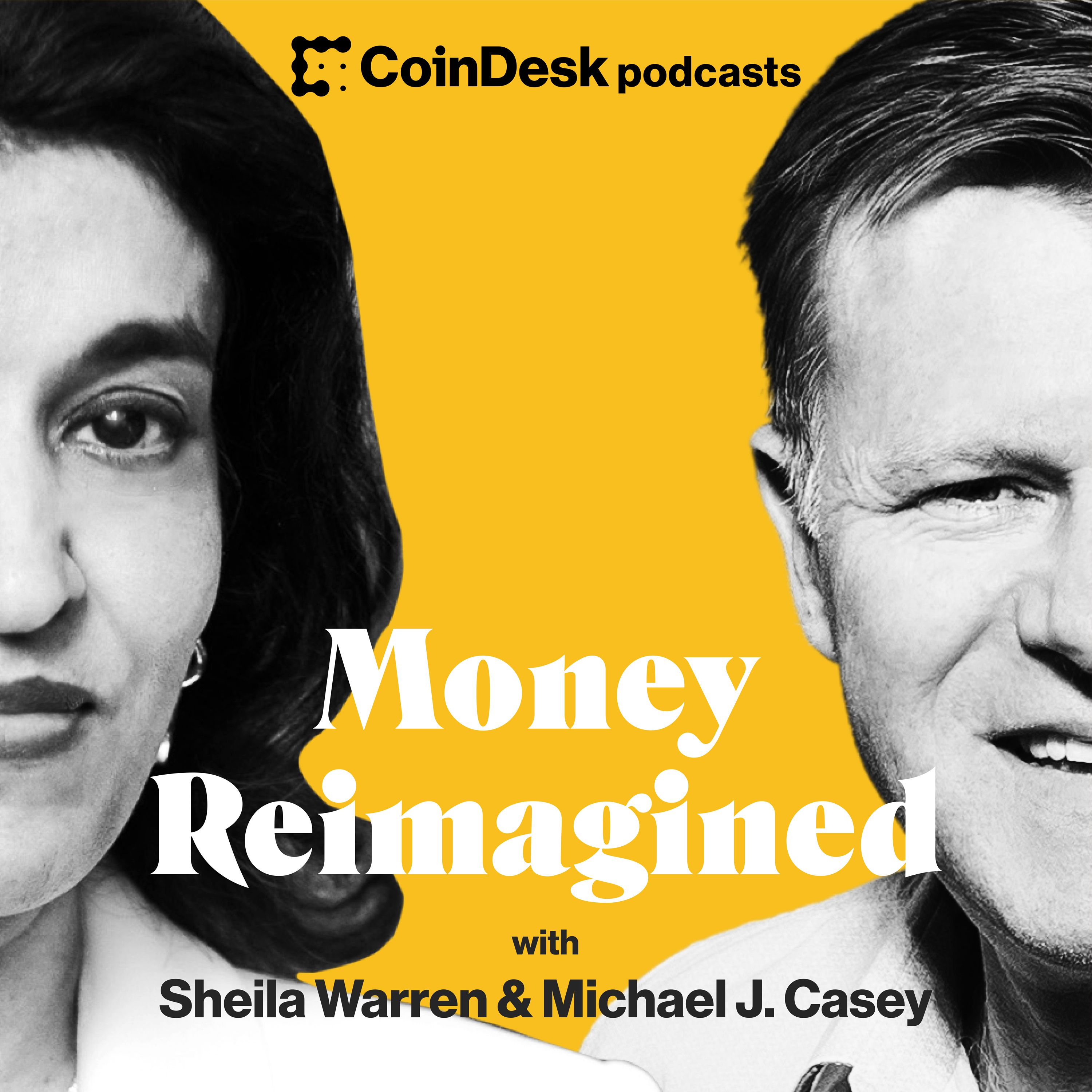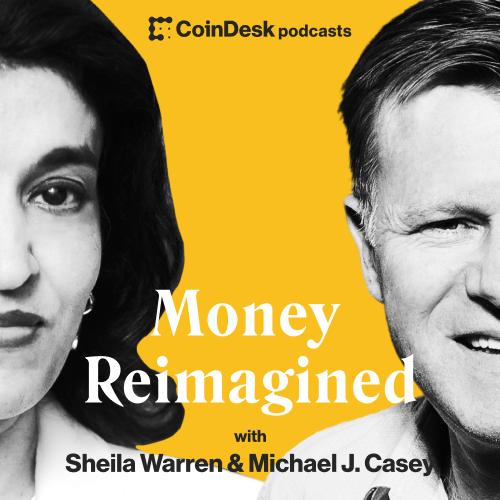For this episode, we travel, metaphorically, to a town in the Swiss Alps that’s for the first time in 50 years experiencing some peace and quiet in January. We'll take a look at the challenging task of integrating the radical crypto world into the establishment with Adrian Monck of the World Economic Forum.
This week was the World Economic Forum’s “Davos Agenda,” a conference filled with the usual roster of high-powered speakers but conducted entirely virtually, over Zoom, instead of in Davos. So, as Sheila took time out from helping run that agenda, we invited her colleague Adrian Monck, a long-time WEF managing director, to reflect on the forum’s past and future and how something as anti-establishment as cryptocurrency and blockchain is being integrated into its work.
It might come as a shock to the rebellious strain that’s prominent in the crypto community, but its world and that of the WEF have some important similarities. Both must grapple with the core problem of governance in a decentralized environment, with the difficulty of solving problems that serve the interests of the whole when there’s no single party in charge. Both of them grapple with the problem of consensus.
As Adrian explains, the WEF tries to resolve this by using its unparalleled convening power. It brings together disparate decision-makers from governments, businesses and civil society so they can find common ground on how to address the world’s many urgent needs.
See also: Bitcoin Policy in Biden’s Washington, With Kristin Smith and Amy Davine Kim
At times, that convening exercise has involved inviting radical newcomers, such as the internet tech community, into the tent. In this wide-ranging discussion, which partly delves into Sheila’s groundbreaking work introducing blockchain ideas to the WEF, we dive into the current challenge for this evolving process: how to bring the crypto disruptors inside.













